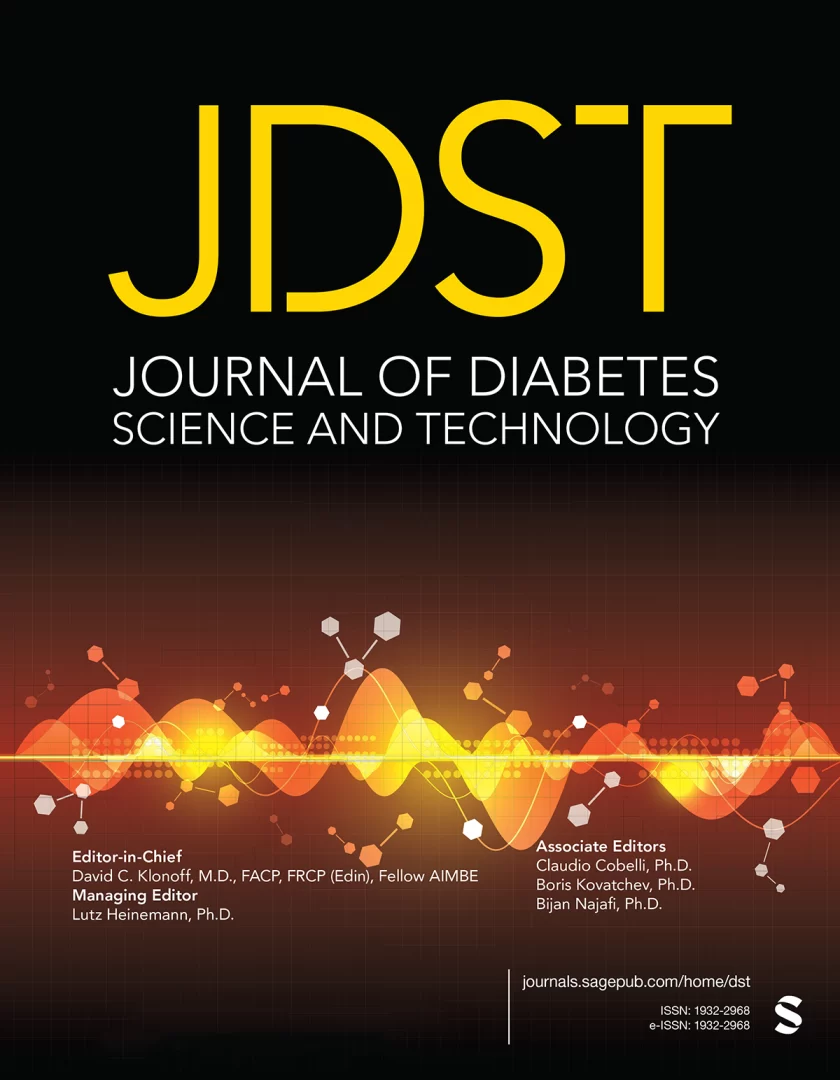Screening and Telephone-Based Intervention for Unhealthy Alcohol Use in Texas Clinics

Original Article: https://link.springer.com/article/10.1007/s11606-024-09240-5
Addressing Unhealthy Alcohol Use
Unhealthy alcohol use, such as binge drinking or alcohol use disorder (AUD), increases the risk of health problems like liver disease, heart disease, and cancer. Despite recommendations for routine screening and treatment, only a small percentage of patients receive appropriate care. Federally Qualified Health Centers (FQHCs) face unique challenges in implementing alcohol use interventions, including stigma, patient awareness, and clinician readiness.
Program Overview: Innovative Screening and Telephonic Care
Researchers developed a team-based, telephone-delivered intervention at an FQHC in Central Texas. The program used a validated alcohol screening tool (AUDIT-C) and provided telephonic outreach for patients who screened positive. A bilingual counselor trained in motivational interviewing conducted brief interventions and referred high-risk patients for additional treatment or medication. This approach helped overcome barriers like transportation and stigma.
Promising Reductions in Alcohol Use
Between 2021 and 2023, 16% of 3,959 screened patients tested positive. Of these, 412 were engaged in the program, and follow-up data showed significant reductions in alcohol consumption. Patients with severe alcohol use (high AUDIT scores) saw the greatest improvements. The program also demonstrated success in engaging diverse, underserved populations, particularly Hispanic/Latino patients.
This telephone-based program effectively reduced unhealthy alcohol use while addressing cultural and logistical barriers. Its success in an FQHC setting highlights the potential for scalable, team-based interventions to improve health outcomes in diverse communities. Future work should focus on expanding the program and ensuring long-term sustainability.

